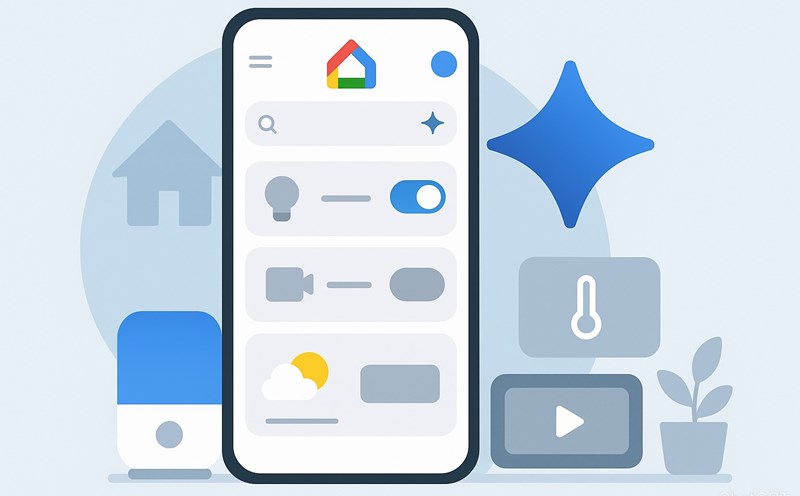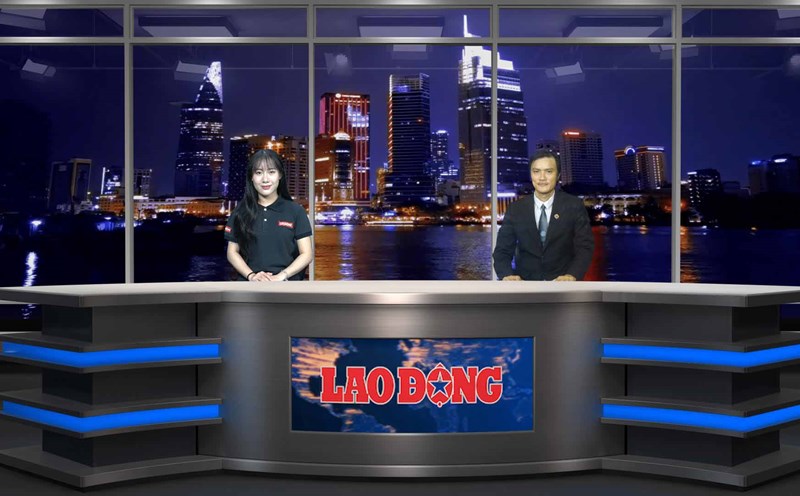At the Fortune event earlier this month, Neil Vogel, CEO of People Inc., one of the largest digital and printing publishing corporations in the United States, criticized Google.
Vogel accused the technology company of using the same bot system to collect data from websites that both serve search engines and support artificial intelligence (AI) features.
According to Vogel, Google's biggest difference from other AI companies lies in directly linking AI training with search access. That means publishers cannot block Google's AI system without facing the risk of losing huge traffic from search engines.
For a long time, the underlying agreement between Google and publishers was very clear when Google took the content, built a search engine, and then returned it to us for traffic. But now, that deal has been terminated, Vogel said at the event.
These concerns are not unique to People Inc. This summer, Jason Kint, CEO of Digital content Next, which represents many major publishers, also publicly criticized Google for implementing AI overviews.
Jason Kint believes that these features create a zero- click environment where users just stop at Google without accessing any other website.
This has caused all traffic to be retained at Google, rather than flowing towards publishers who have invested heavily in content, Kint emphasized in a commentary.
Tensions between Google and the publishing industry are rising as the technology company expands its application of AI to search engines.
With the AI overview, users just need to type a question and immediately receive an AI-generated summary answer, instead of having to click on many different links.
Although it brings convenience, this model significantly reduces access to newspapers, magazines, and online publishing platforms, which depend heavily on advertising and reads to maintain operations.
Experts say this is not only an economic problem, but also a story about the fairness and sustainability of the digital content ecosystem. If publishers continue to lose readership to AI summaries, the quality of press and diverse online content can be seriously affected.
Google has yet to make an official response to the latest criticism from Vogel and Kint. However, the debate about the rights of technology giants and the publishing industry is certainly unstoppable, especially when AI is increasingly penetrating every aspect of search engines.









